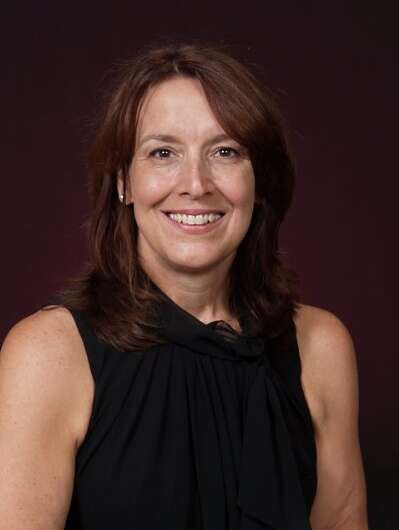MU School of Nursing programs help nursing homes respond to COVID-19

As the coronavirus pandemic continues to put a strain on health care systems, nursing homes have become overburdened with the challenge of keeping both patients and staff safe and healthy. Older residents in long-term care facilities are especially vulnerable to the effects of a respiratory illness like COVID-19, and nursing homes are not appropriately designed nor staffed to handle large numbers of infectious residents.
In response, two MU Sinclair School of Nursing support teams—the Quality Improvement Program for Missouri and the Missouri Quality Initiative—are working with the Missouri Department of Health and Senior Services to provide assistance to more than 500 nursing homes across the state.
"The main goal of our response efforts is to make sure nursing home residents are staying as safe as possible during this very traumatic and challenging experience," said Lori Popejoy, associate professor in the MU Sinclair School of Nursing. "At the beginning of the pandemic, access to personal protective equipment (PPE) was a big concern for nursing home staff. We were able to collaborate with various community organizations to distribute more than 3,000 face shields to nursing homes throughout the state."
In addition to securing and distributing PPE, other efforts include offering recommendations, guidance and support to nursing home staff and administrators as they navigate and implement the ever-changing COVID-19 infection control practices. As the Centers for Disease Control and Prevention and Missouri Department of Health and Senior Services continue to update their recommendations for mitigating the spread of COVID-19, the support teams are synthesizing, summarizing and organizing this information to help nursing homes establish and modify protocols for isolating sick patients, use PPE properly and notify the family members of infected patients.
"Now that the nursing homes are isolating residents in individual rooms, the residents are no longer dining in groups, attending group activities or inviting outside visitors into the facilities," said Amy Vogelsmeier, associate professor in the MU Sinclair School of Nursing. "In order to continue providing support to these individuals, nursing homes have adopted creative practices, such as video chatting with family members so residents can see their loved ones, or assigning staff members to check in daily with residents who may be struggling to cope with the effects of social isolation."
Given the shortage of nurses in Missouri, the pandemic has highlighted the importance of advanced practice registered nurses, who play a key role in identifying and managing illness in nursing homes to prevent avoidable hospitalizations.
"This is a time where the public is really becoming aware of the value registered nurses bring to the health care industry," Popejoy said. "It has been inspiring to see the impact they have had to mitigate the effects of this public health crisis."
More information: Lori Popejoy et al, A Coordinated Response to the COVID-19 Pandemic in Missouri Nursing Homes, Journal of Nursing Care Quality (2020). DOI: 10.1097/NCQ.0000000000000504




















